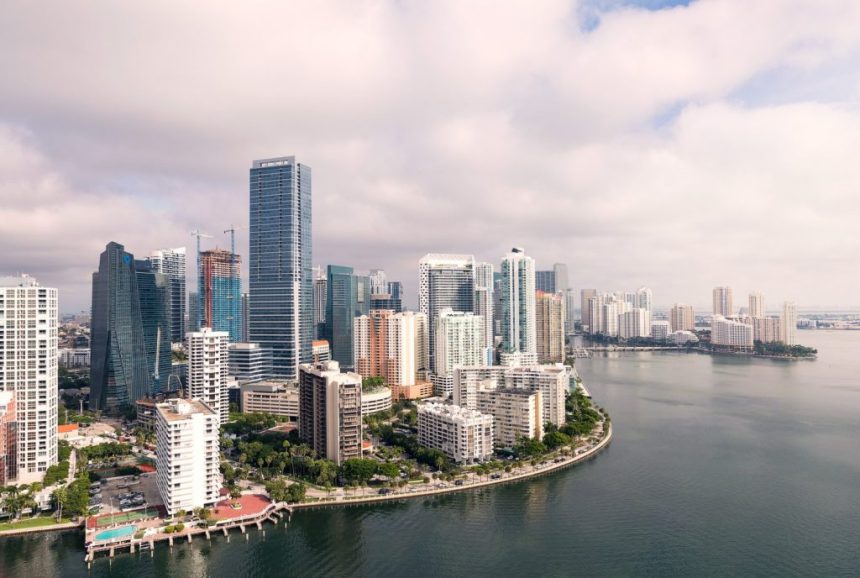Commercial property management oversees and maintains commercial real estate properties such as office buildings, retail space, and industrial parks. The goal of commercial property management is to maximize the value and profitability of the property for the owner while also ensuring that the property is well-maintained and attractive to tenants.
One of a commercial property manager’s critical responsibilities is handling the property’s leasing and occupancy. This includes advertising available spaces, showing the property to potential tenants, and negotiating lease terms. The manager must also ensure all leases comply with state and local laws and regulations.
Another important aspect of commercial property management is maintaining the physical condition of the property. This includes regular inspections and maintenance to ensure the property is safe and up to code and make necessary repairs or improvements. The manager must also budget for and plan for long-term maintenance and upgrades to the property, such as a new roof or HVAC system.
In addition to these responsibilities, commercial property managers must also handle the financial aspects of the property. This includes collecting rent, paying bills, and managing the property’s budget. They must also keep accurate records and provide regular financial reports to the property owner.
While commercial property management can be challenging and demanding, it can also be gratifying. Successful commercial property managers can balance the needs of the property owner, tenants, and the community to create a profitable and well-maintained property. With the right skills and experience, a career in commercial property management can be a great way to build a successful and satisfying career in the real estate industry.
Commercial property management is a complex and multifaceted field that involves overseeing and maintaining commercial real estate properties. The goal of commercial property management is to maximize the value and profitability of the property for the owner while also ensuring that the property is well-maintained and attractive to tenants. The responsibilities of a commercial property manager include leasing and occupancy, maintaining the physical condition of the property, and handling the financial aspects of the property. With the right skills and experience, a career in commercial property management can be a great way to build a successful and satisfying career in the real estate industry.
Another important aspect of commercial property management is tenant relations. A property manager must be able to effectively communicate with tenants and address any issues or concerns they may have. This includes responding to maintenance requests, handling tenant complaints, and enforcing the lease terms. A property manager must also be able to mediate disputes between tenants effectively.
Marketing and advertising are also crucial for commercial property management. A property manager must be able to market and advertise available spaces to attract potential tenants effectively. This includes creating attractive listings and brochures and utilizing online marketing techniques such as social media and online classifieds. A property manager must also be able to negotiate with potential tenants and close deals effectively.
Effective commercial property management also involves keeping local laws and regulations up-to-date. This includes compliance with zoning and building codes and health and safety regulations. A property manager must also be familiar with local property tax laws and any other laws or regulations that may apply to the property.
A commercial property manager must also have strong organizational and time management skills. This includes being able to effectively manage multiple tasks and projects at once, as well as being able to prioritize and complete homework promptly. This also includes keeping accurate records and ensuring that all deadlines are met.
In addition to these responsibilities, a commercial property manager must also be able to work effectively with a team. This includes coordinating with other members of the property management team and contractors, vendors, and other professionals involved in property management. A property manager must also be able to effectively communicate with the property owner and provide regular updates on the property’s performance.
Overall, commercial property management is a challenging and rewarding field that requires a wide range of skills and knowledge. A successful retail property manager must be able to effectively handle the leasing and occupancy, maintenance, financial, and legal aspects of the property while also effectively communicating and working with tenants, property owners, and other professionals involved in the management of the property. With the right skills and experience, a career in commercial property management can be a great way to build a successful and satisfying career in the real estate industry.



